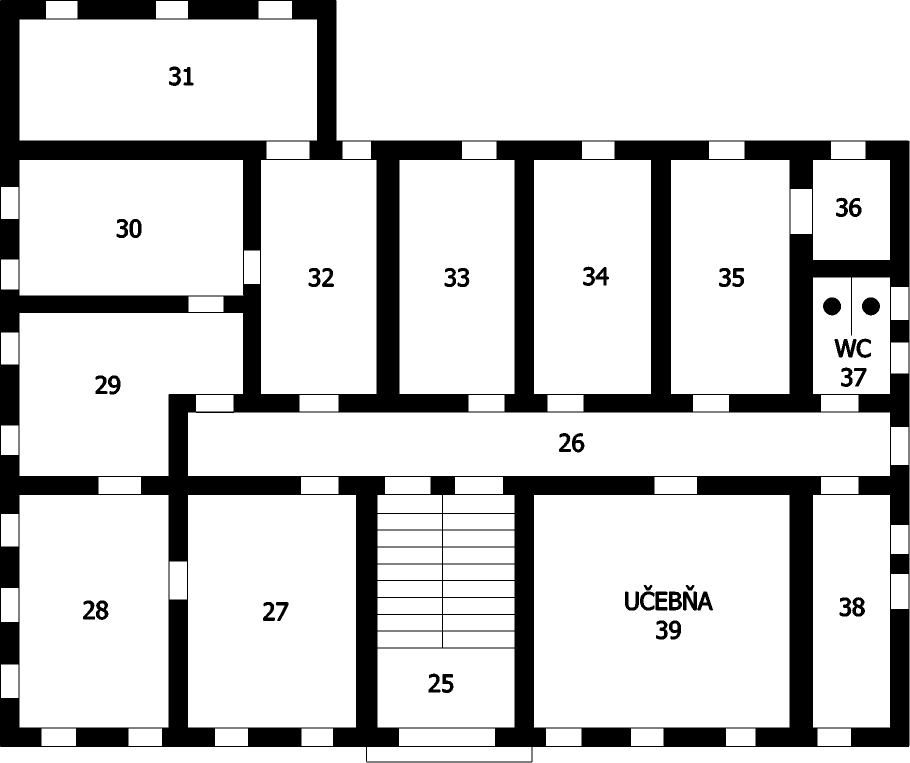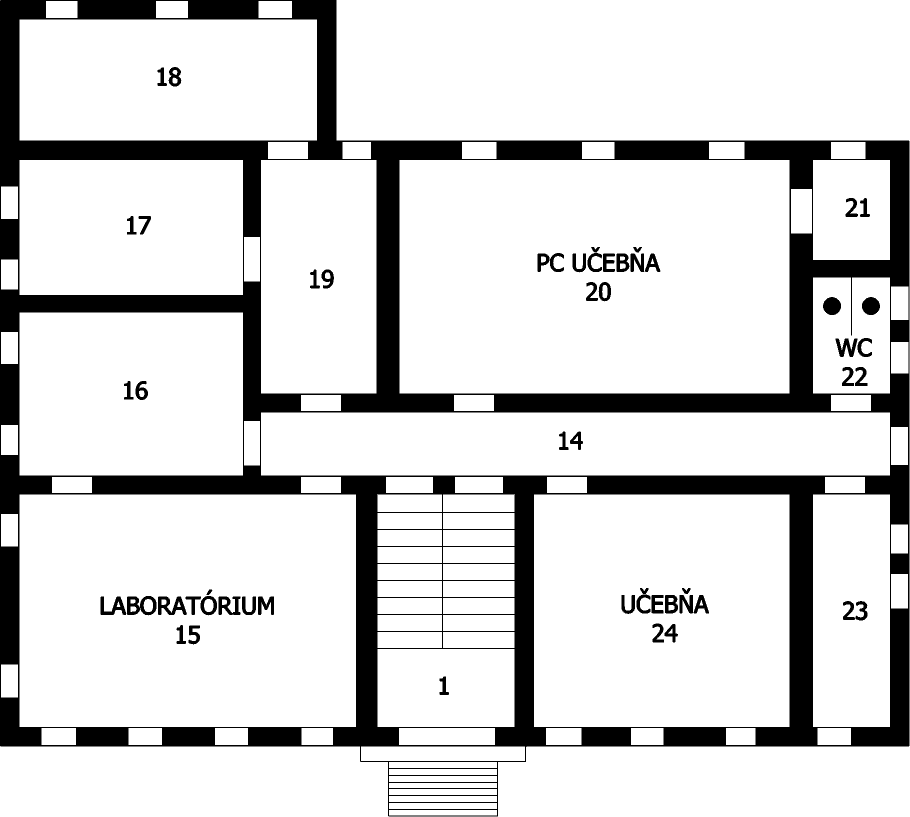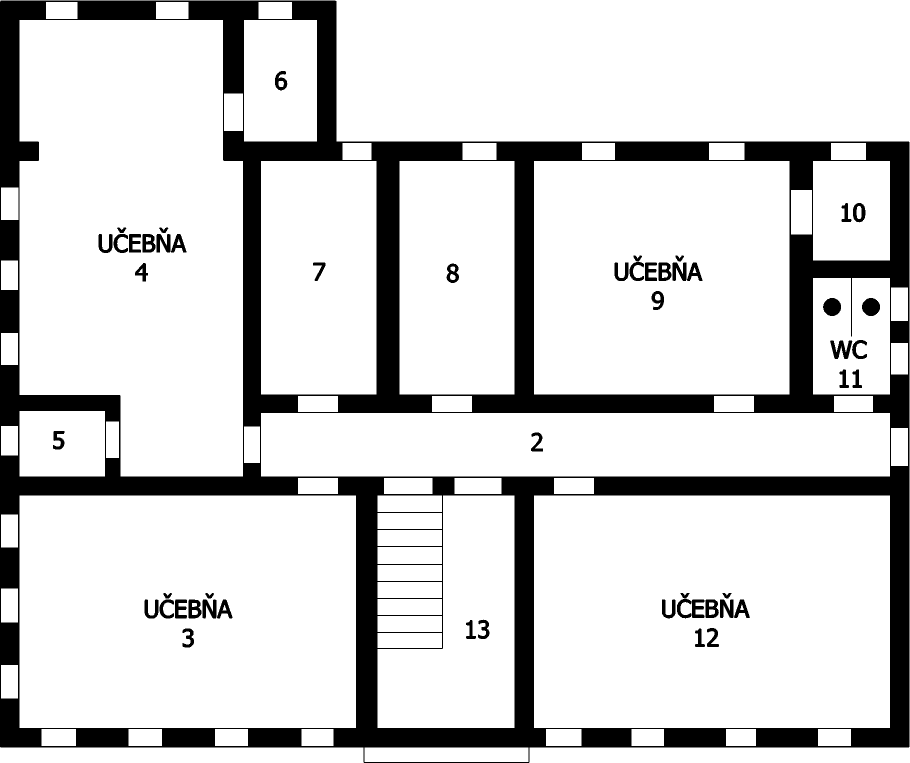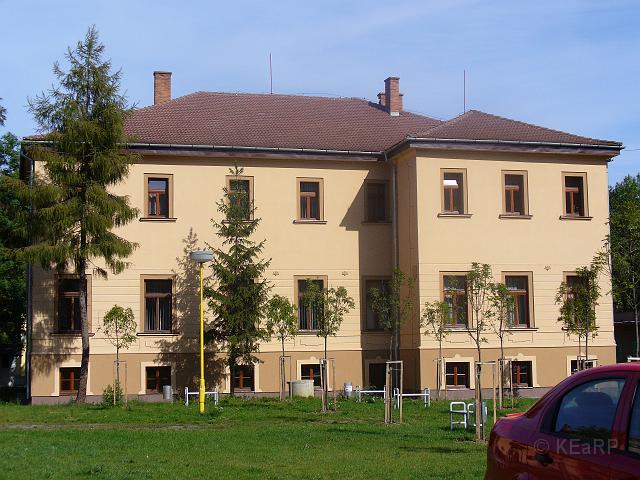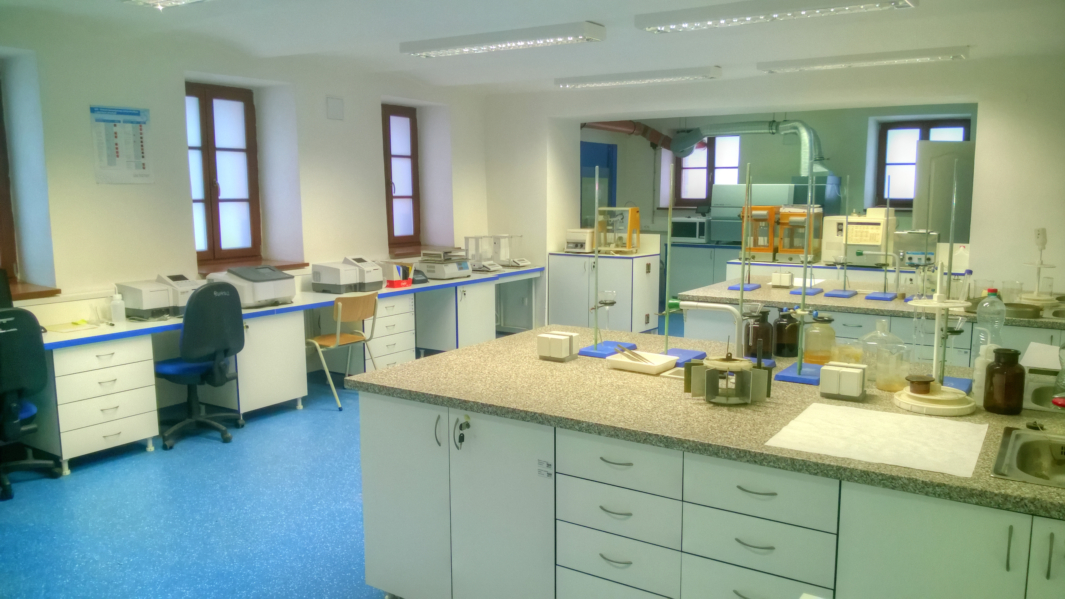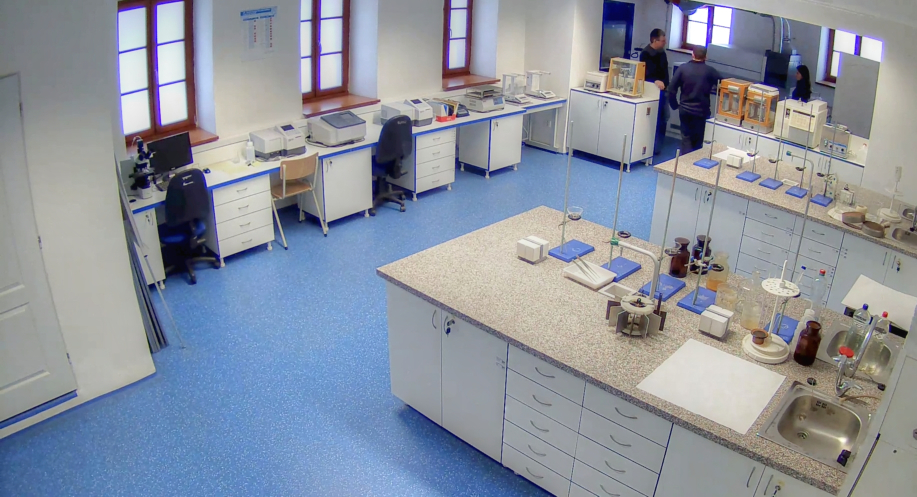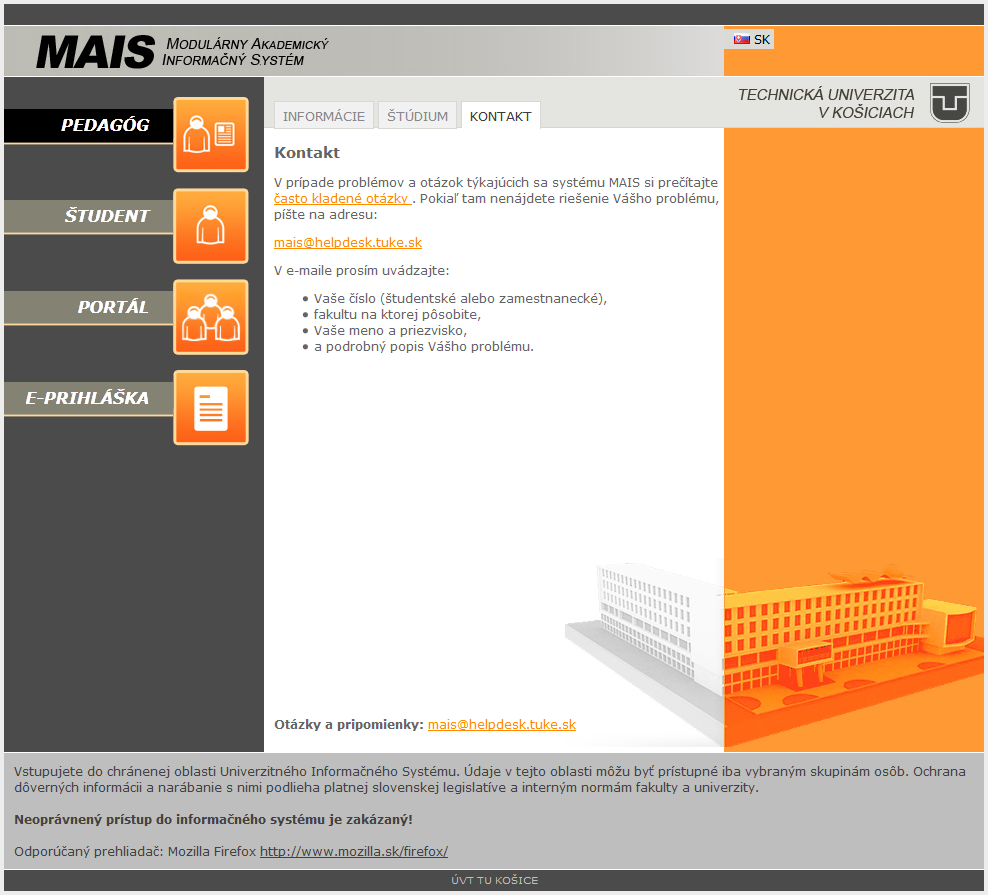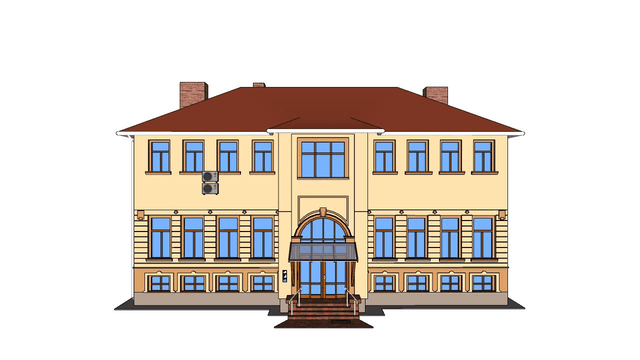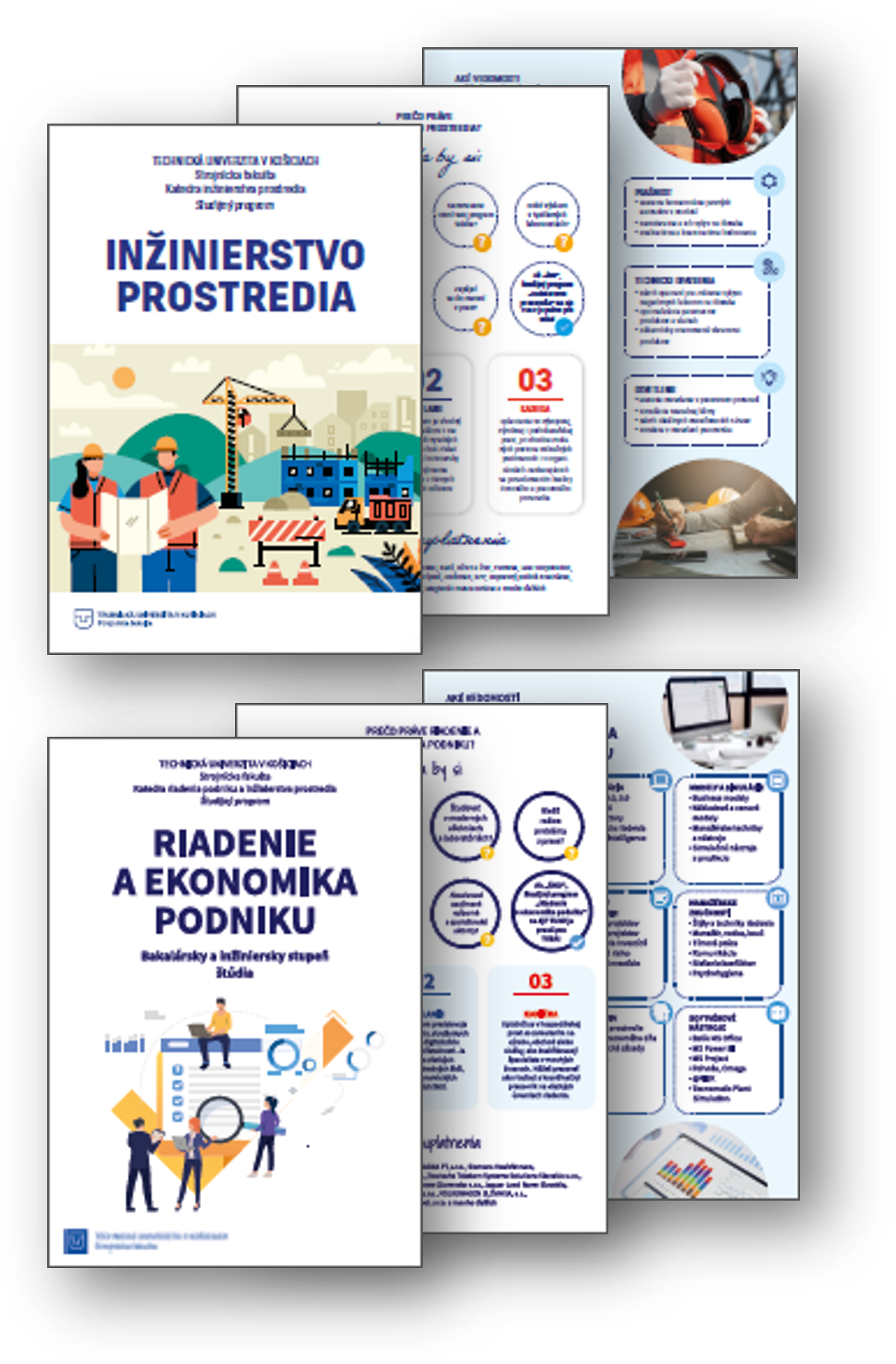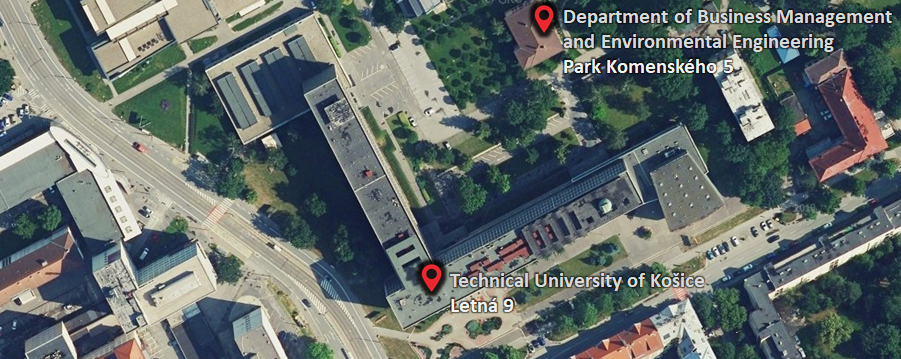
Domov
- Details
Study schedule for the academic year 2022/2023
- Details
Study schedule for the academic year 2023/2024
Start of academic year: 01.09.2023
Opening ceremony AR 2023/2024: 25.09.2023 at 11:00 a.m. in the Maxima
Auditorium End of academic year: 31.08.2024
Enrollment
1st year of Bc. and Ing. study, e-registration in the MAIS system: 10. 07. 2023 – 16. 07. 2023
Progression years, e-enrollment for study in the MAIS system: 04.09.2023 – 08.09.2023
E-registration in the schedule: 11.09.2023 – 17.09.2023
Immatriculation: 09.11.2023
Registration of subjects at the academic year 2023/2024
1st round - registration of subjects in the MAIS system: 19.06.2023 – 05.07.2023
2nd round - registration of subjects in the MAIS system: 10.07.2023 – 20.08.2023
Winter semester (WS)
Tuition: 25.09.2023 – 22.12.2023
Winter holidays: 23.12.2023 – 31.12.2023
Exam period: 02.01.2024 – 09.02.2024
Deadline of WS in IS MAIS: 14.02.2024 (completed evaluation for WS AR 2023/2024)
Summer semester (SS)
Teaching - grades: 12.02.2024 – 10.05.2024
Teaching - finishing years: 12.02.2024 – 19.04.2024
Exam period: 13.05.2024 – 28.06.2024 Summer holidays: 01.07.2024 – 31.08.2024
SS deadline in IS MAIS: 03.07.2024 (completed evaluation for AR 2023/2024)
Conclusion of the study
Preparation of the final thesis: 25 September 2023 – 10 May 2024
Deadline for completed courses for graduating years: 05/20/2024
Submission of bachelor's and diploma theses: until May 10, 2024
State examinations and defenses of bachelor's and diploma theses: 05/27/2024 – 06/07/2024
Transfer of B.c. of diplomas: 27 June 2024
Graduation of engineers: 06/20/2024
Public holidays:
Winter semester:
01. 11. 2023 – Wednesday
17. 11. 2023 - Friday
Summer semester:
29. 03. 2024 – Friday
01. 04. 2024 – Monday
01. 05. 2024 – Wednesday (on 03. 05. 2024 (Friday) – teaching as on Wednesday)
08. 05. 2024 - Wednesday (on 09. 05. 2024 (Thursday) - teaching as on Wednesday)
Presentation of the department
- Details
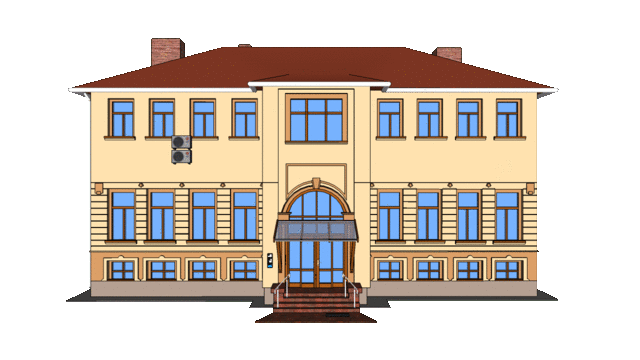 |
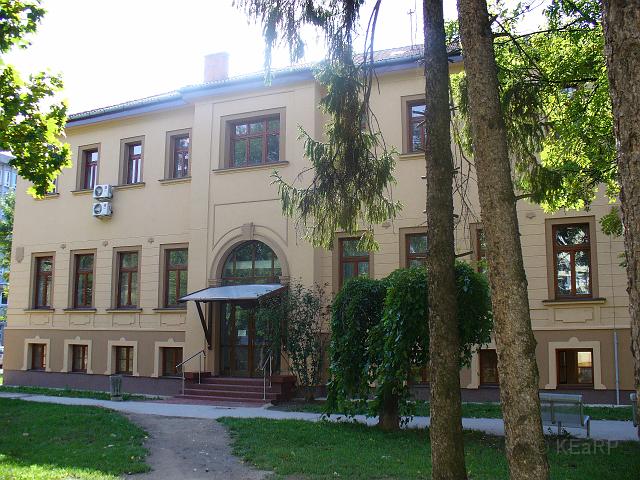 |
|||||
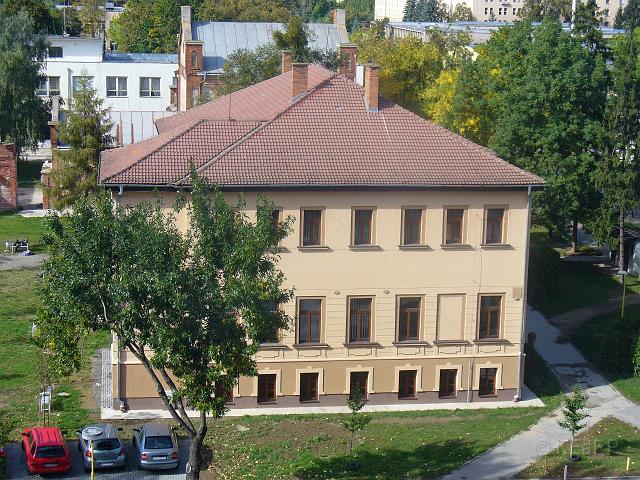 |
||||||
| created by Ing. Tibor Dzuro, PhD. | ||||||
|
|
|
|
|
|||
| Floor |
Ground floor |
Basement |
||||
| Laboratory of environmental and chemical analyses | ||
|
|
|
|
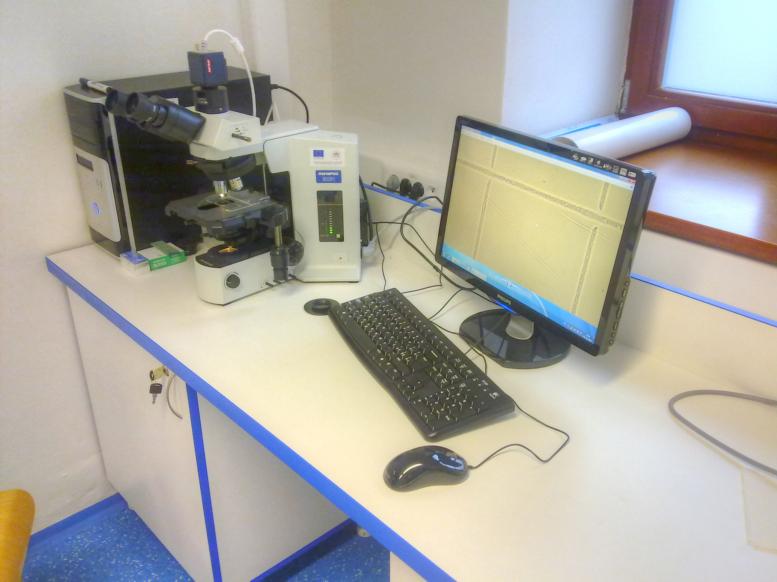 |
||
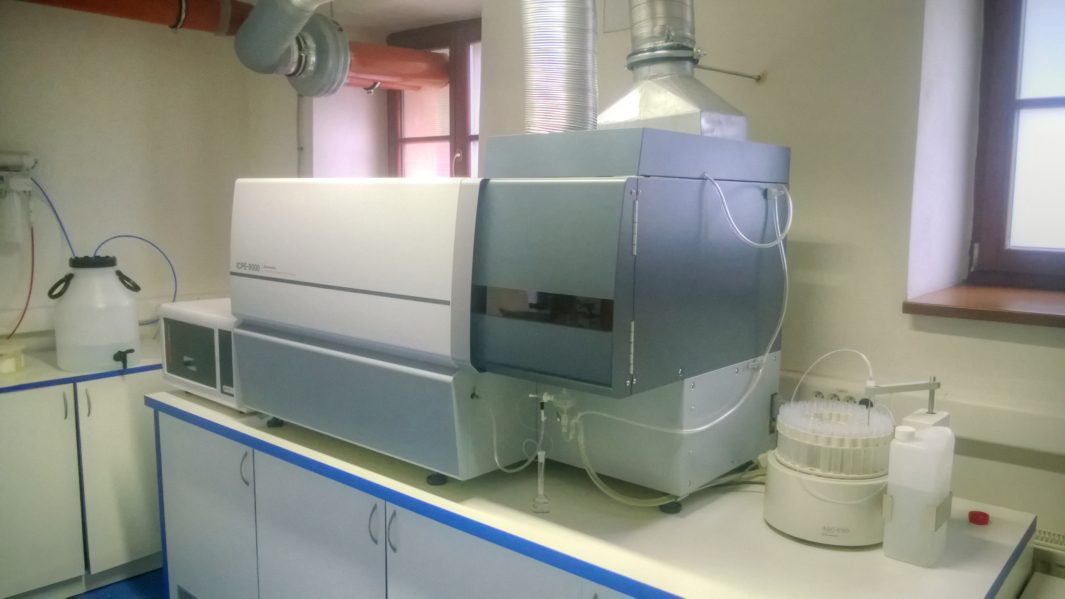 |
||
| Laboratory of physical factors of the environment I. | ||
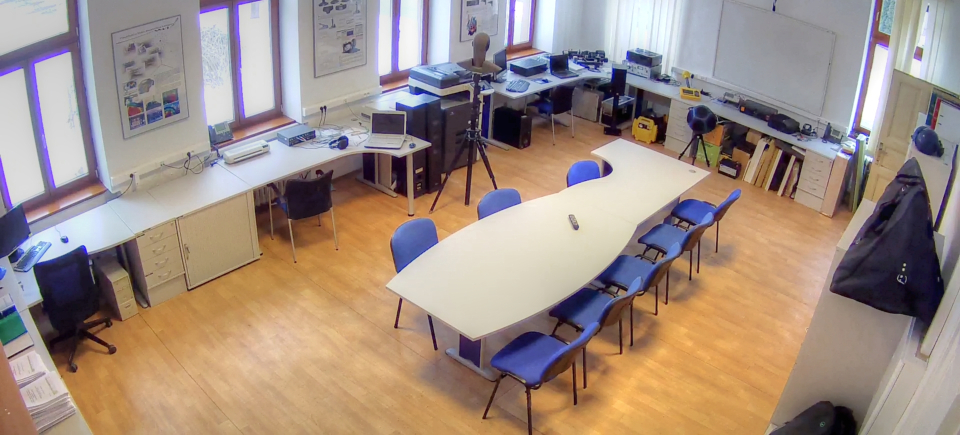 |
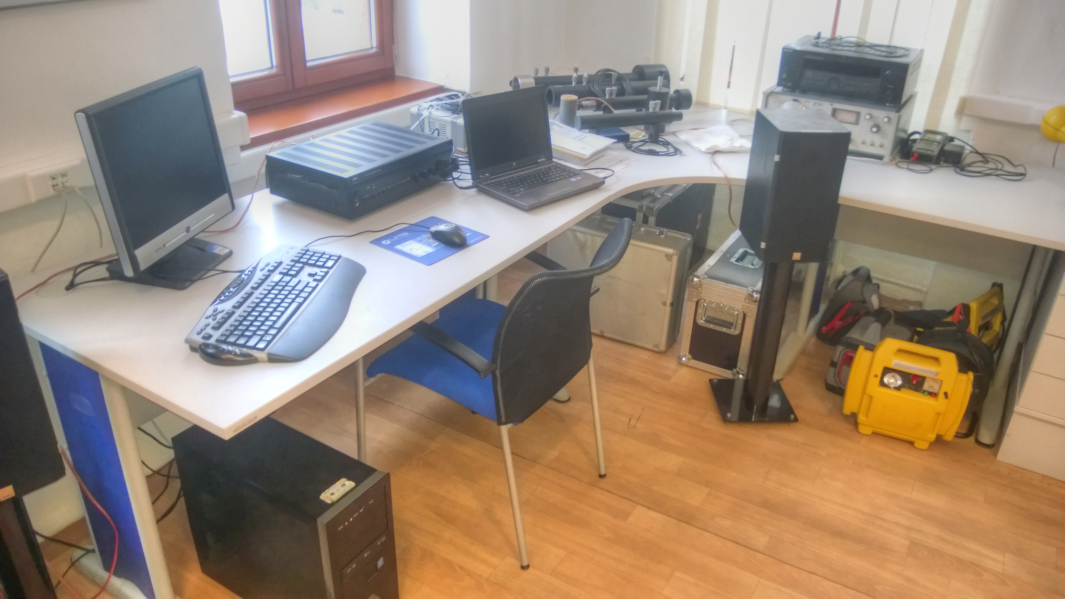 |
|
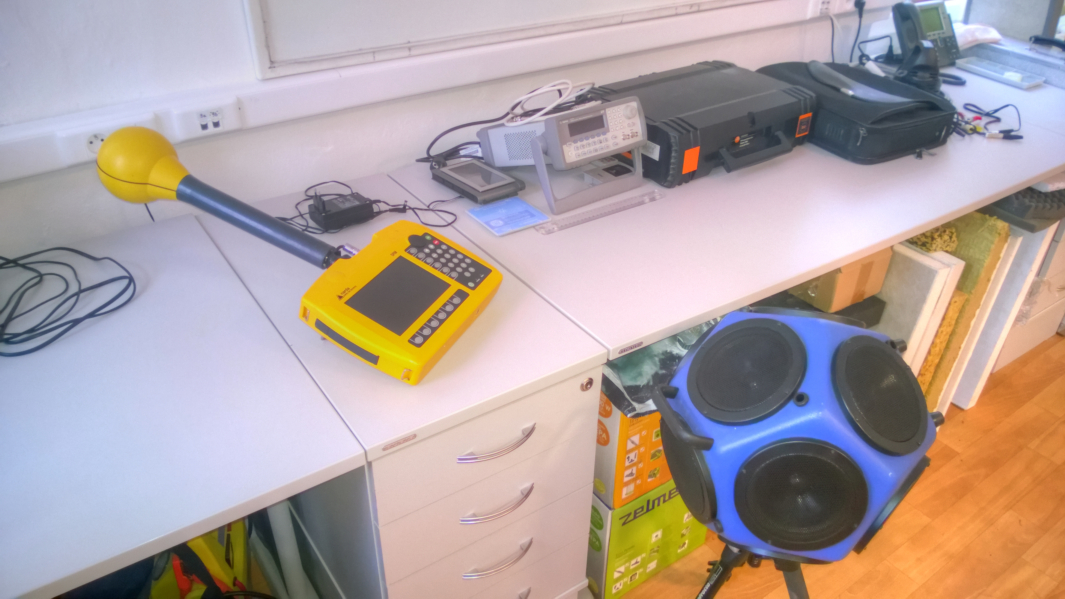 |
||
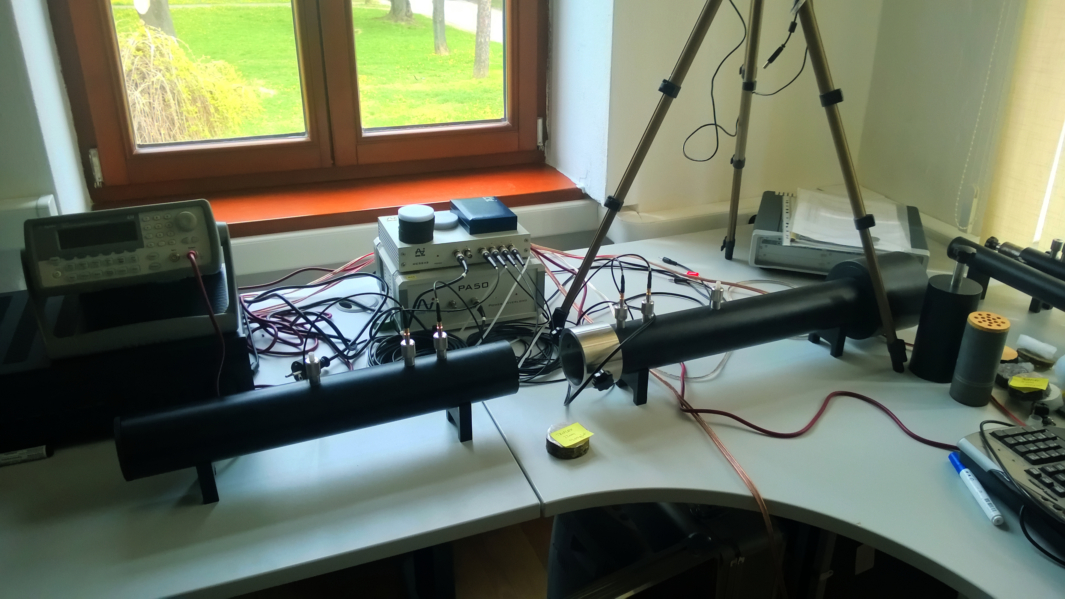 |
||
| Laboratory of physical factors of the environment II. |
||
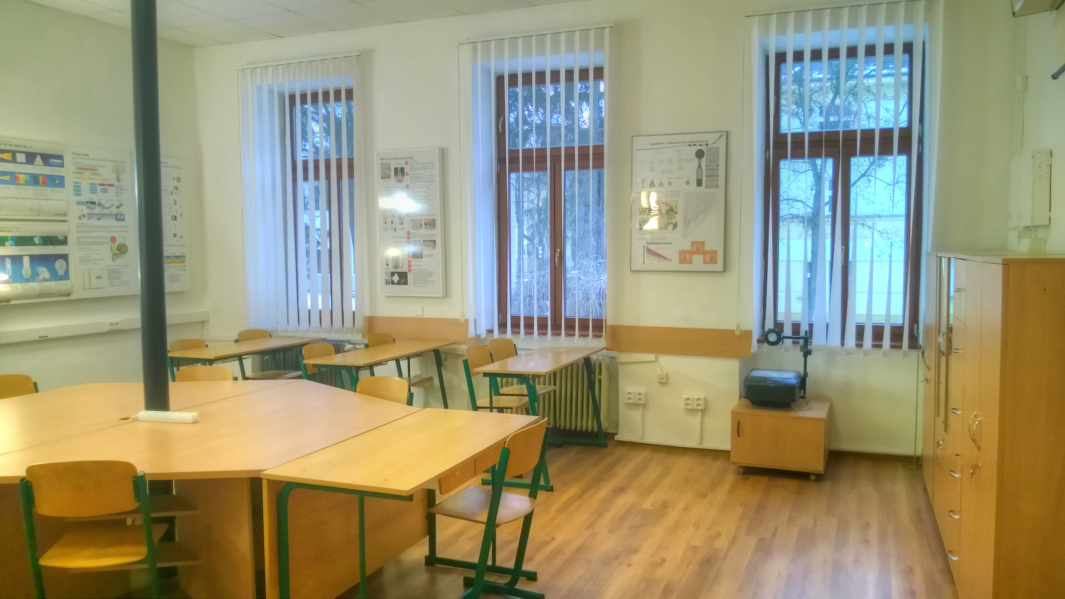 |
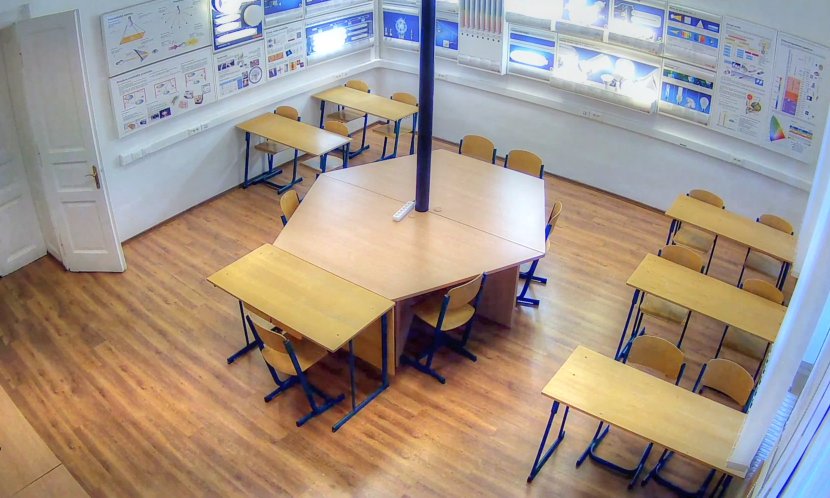 |
|
 |
||
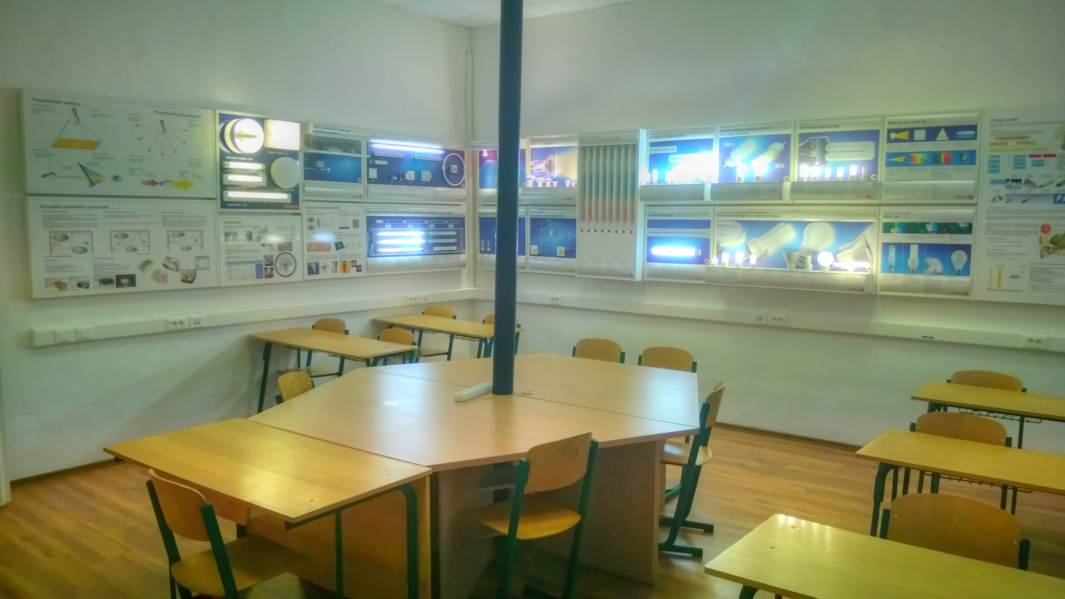 |
||
| Laboratory of PC environmental simulations |
||
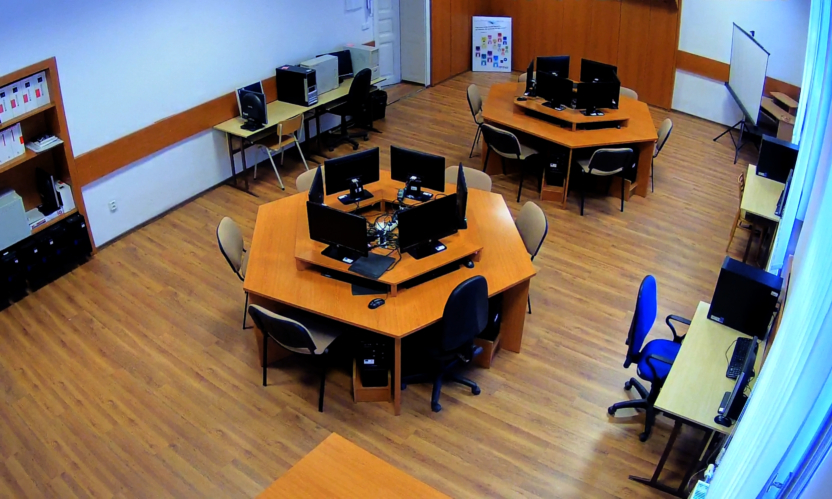 |
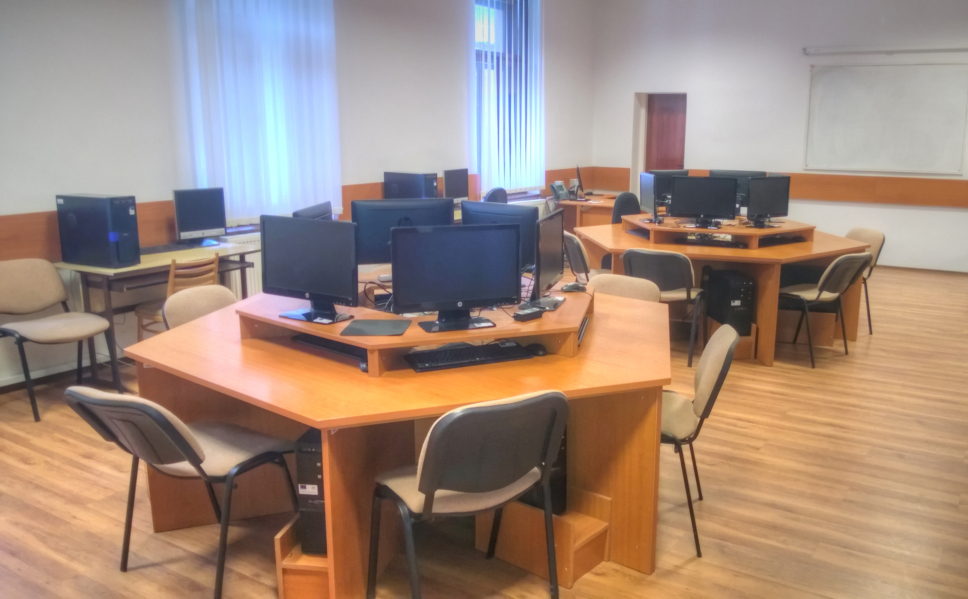 |
|
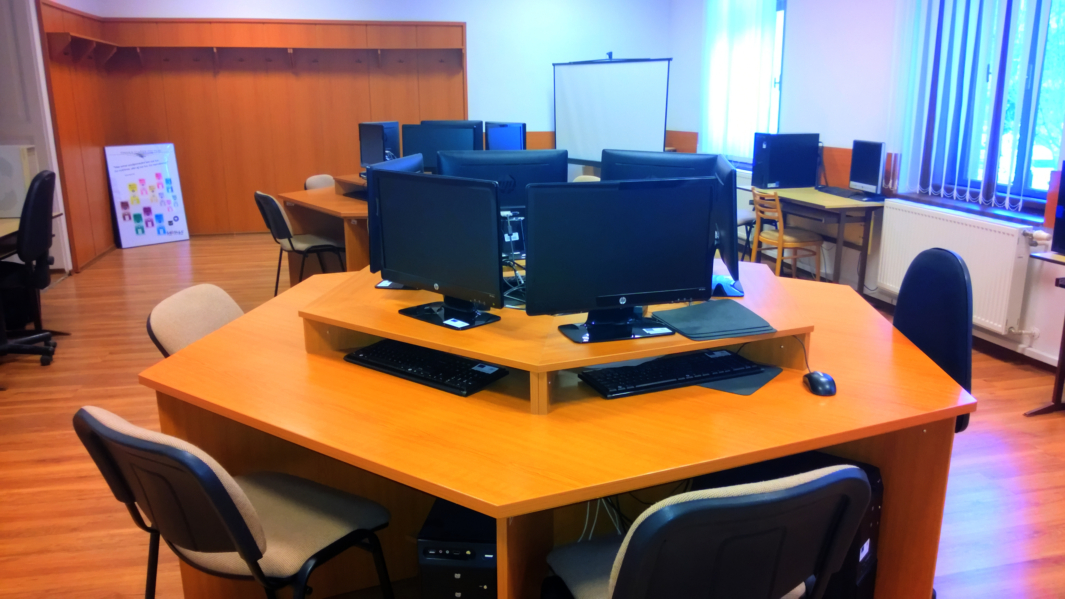 |
||
 |
||
| Classrooms | ||||||
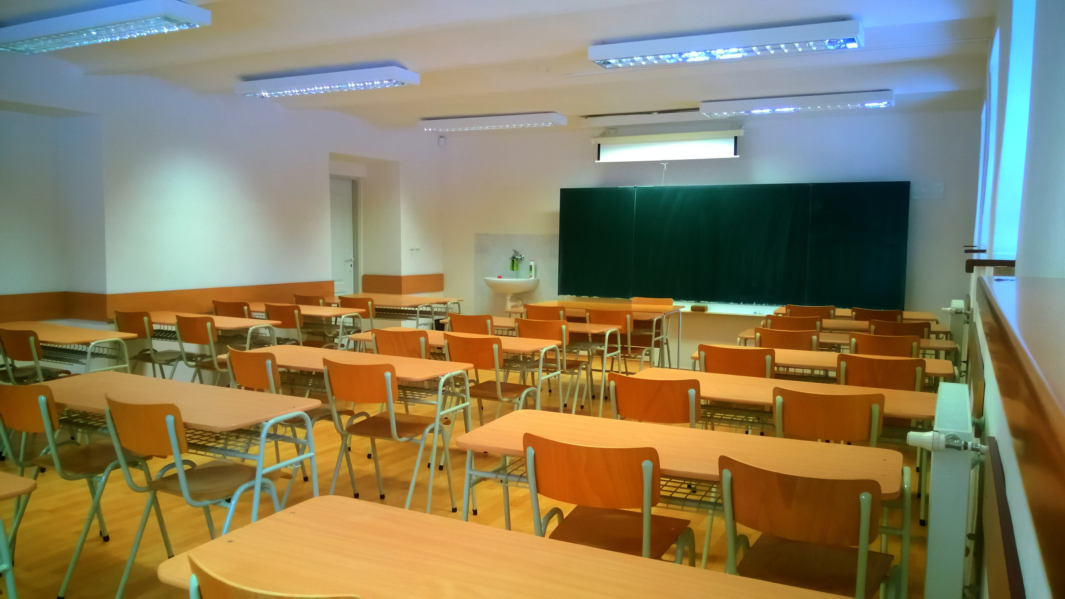 |
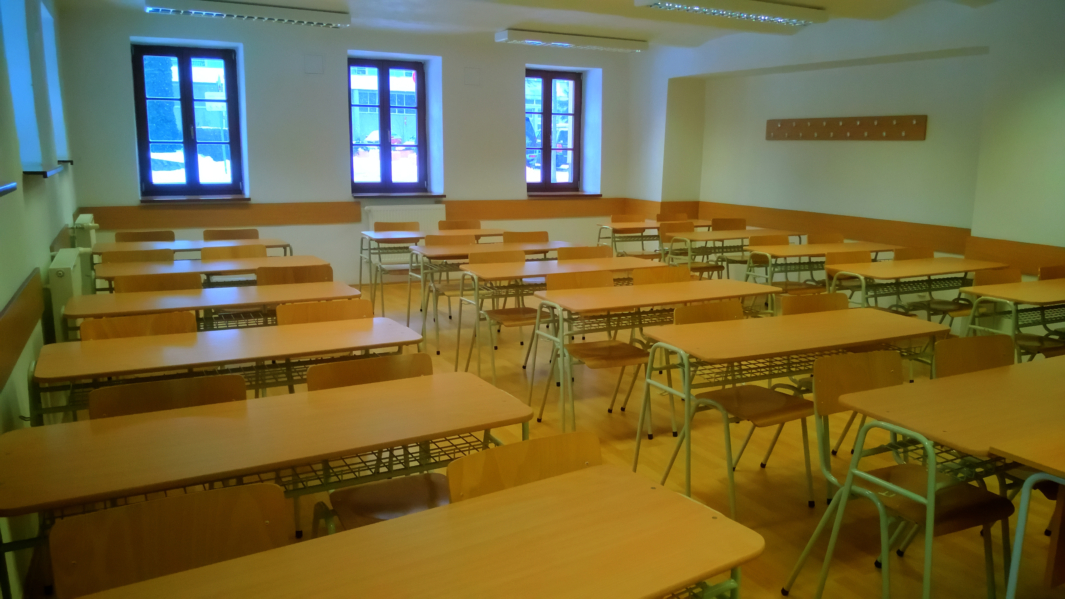 |
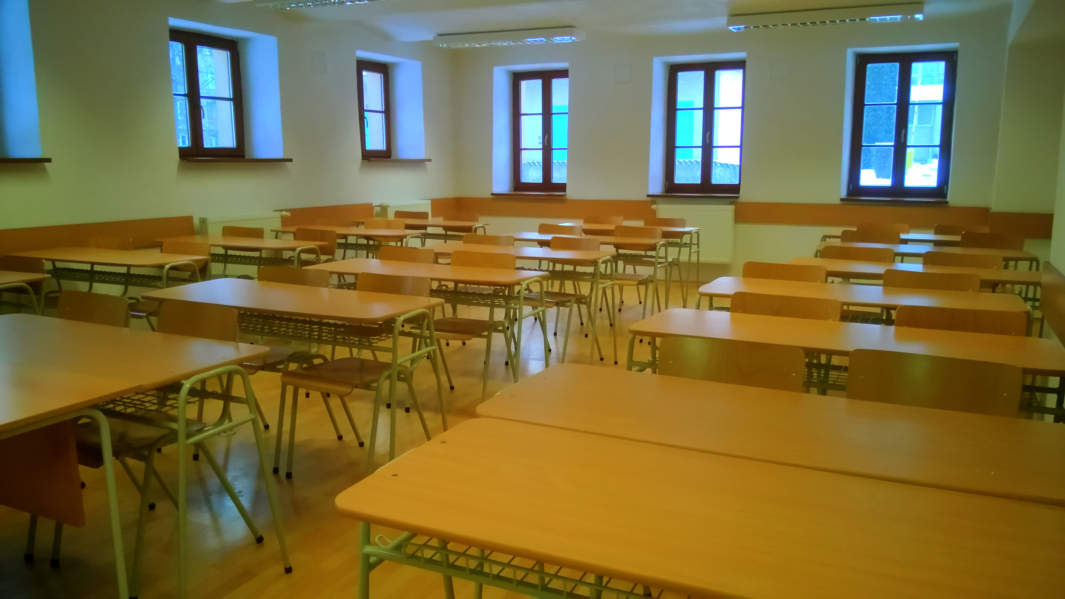 |
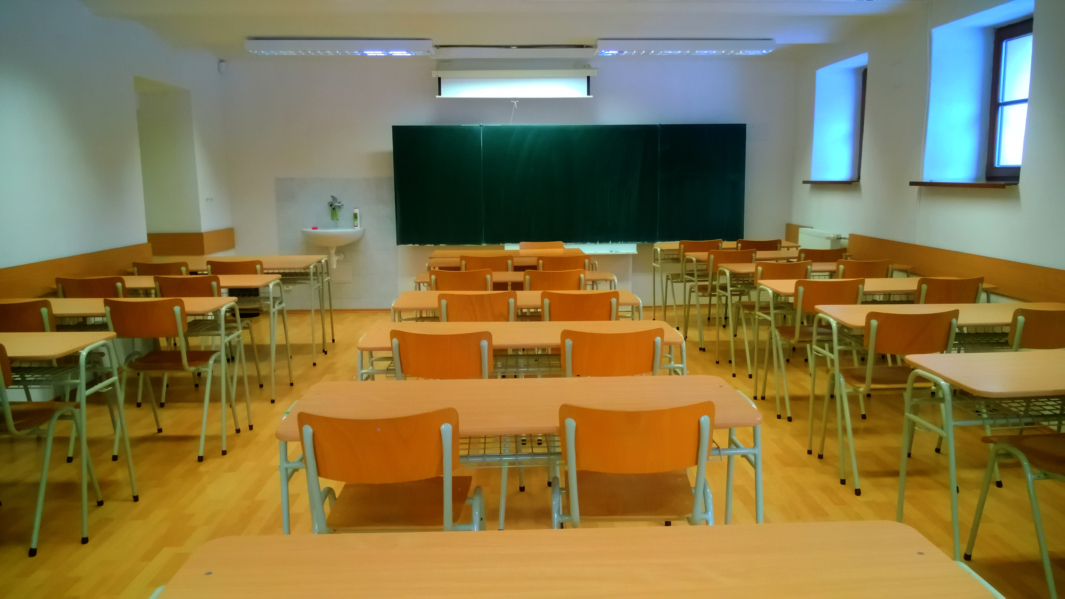 |
|||
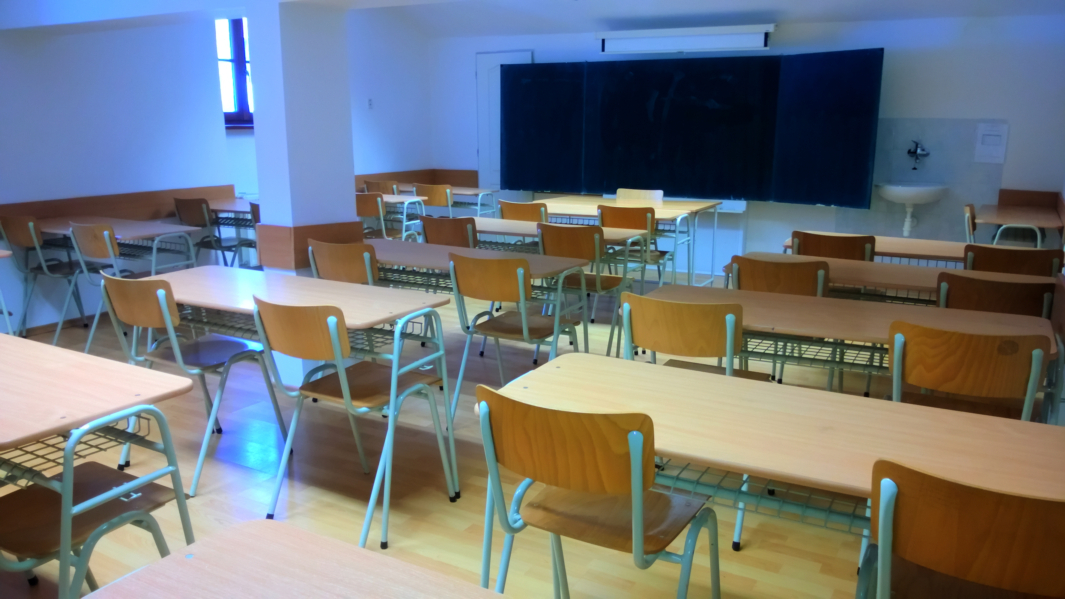 |
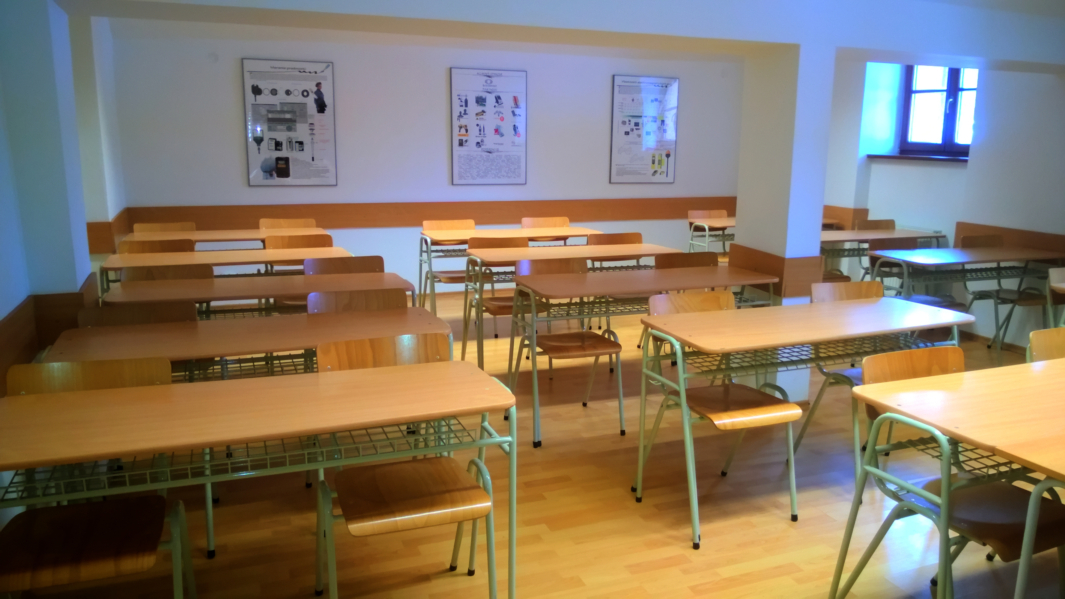 |
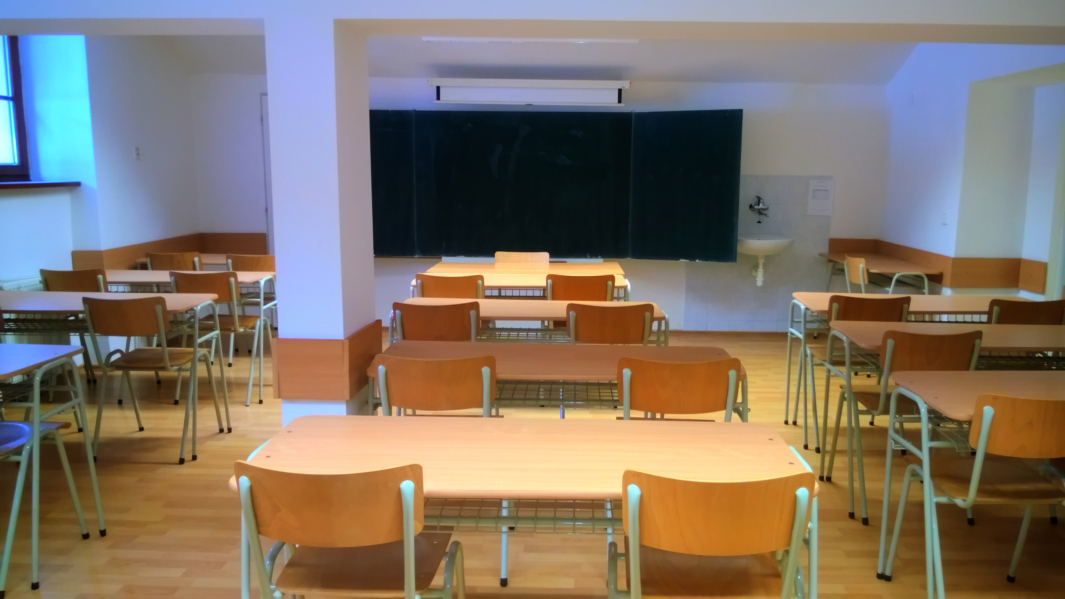 |
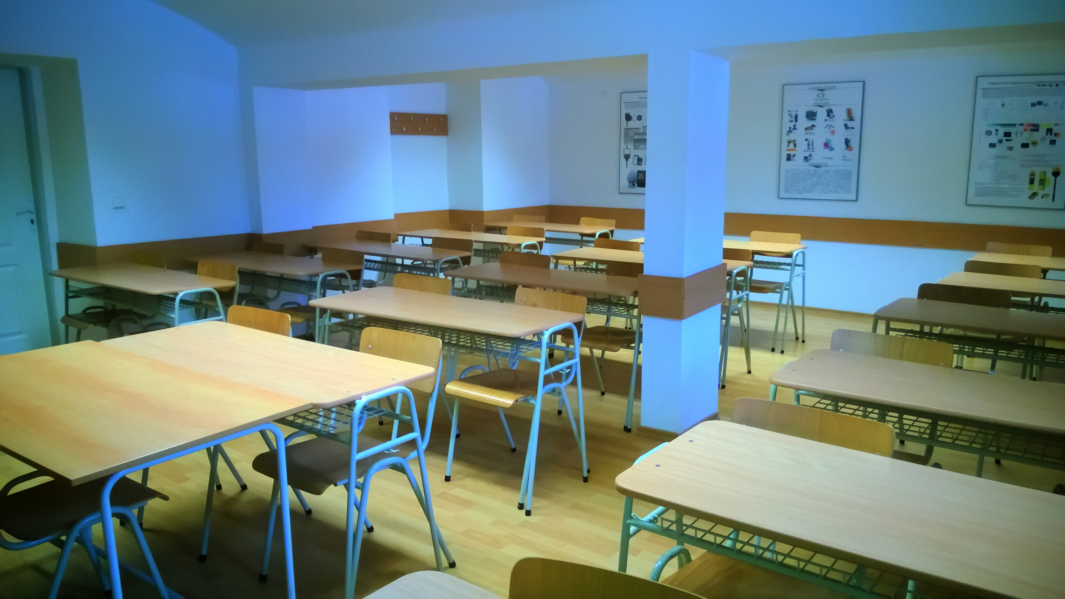 |
|||
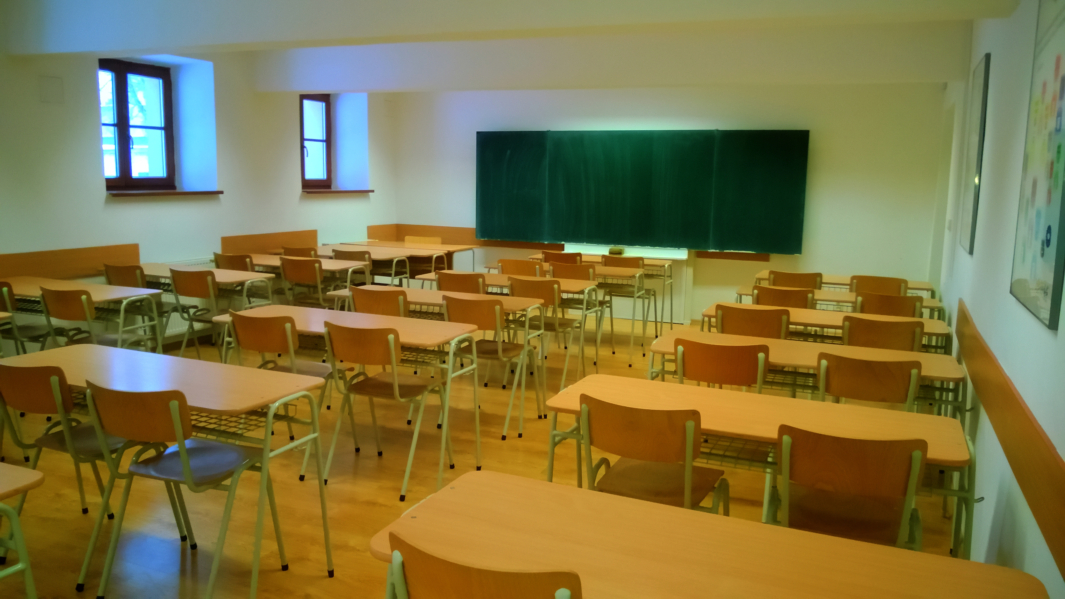 |
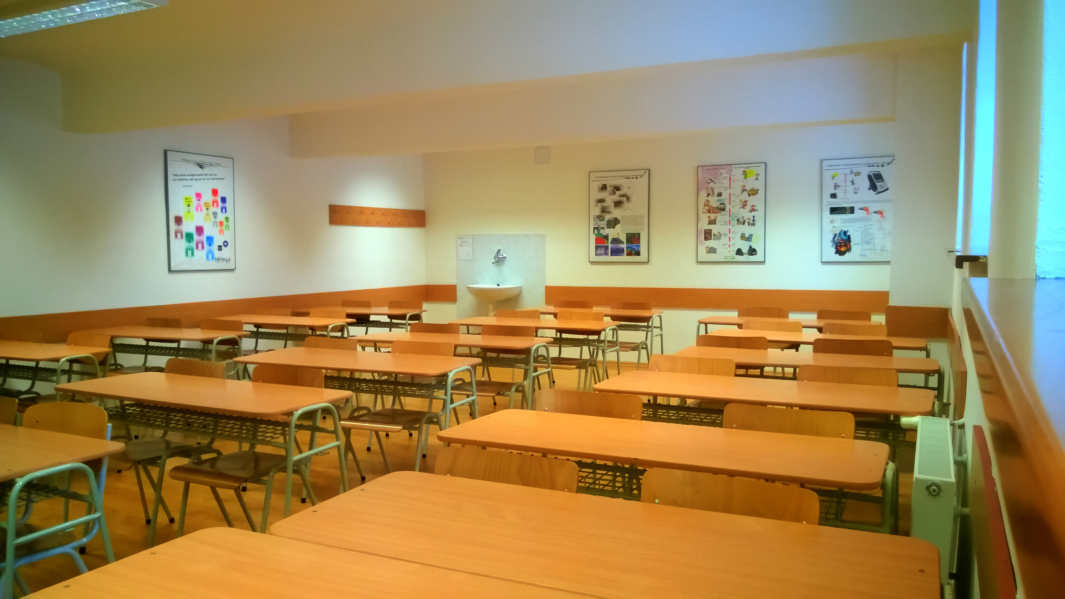 |
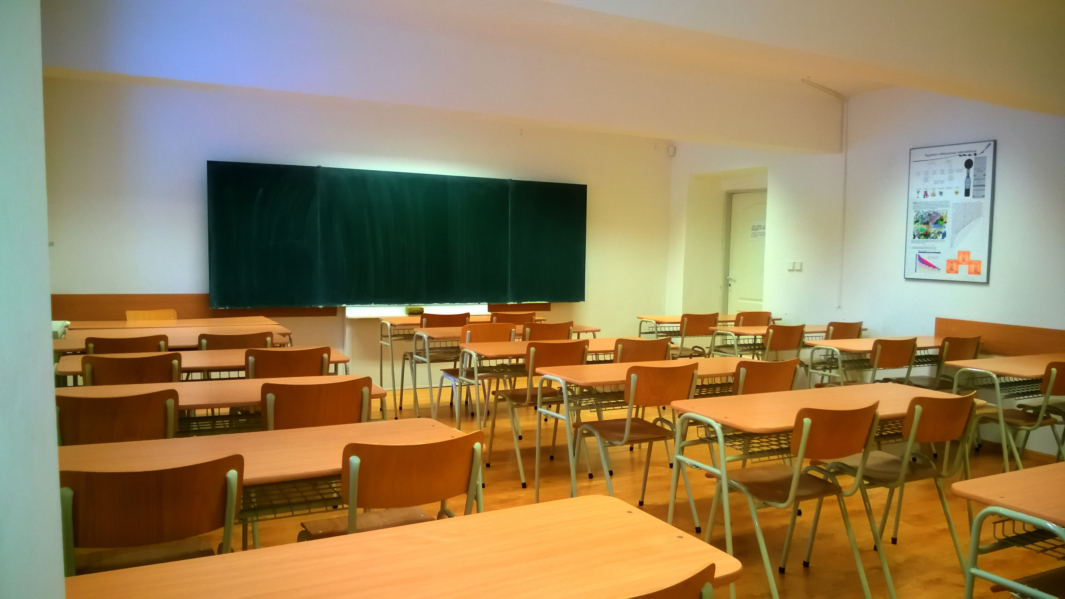 |
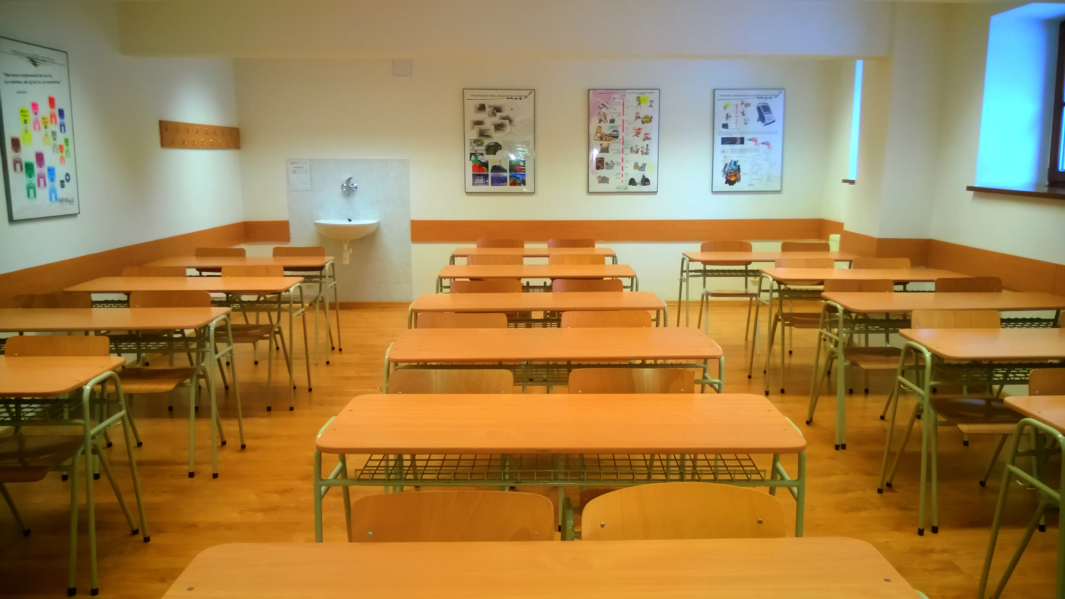 |
|||
| Audiovisual auditorium | ||||||
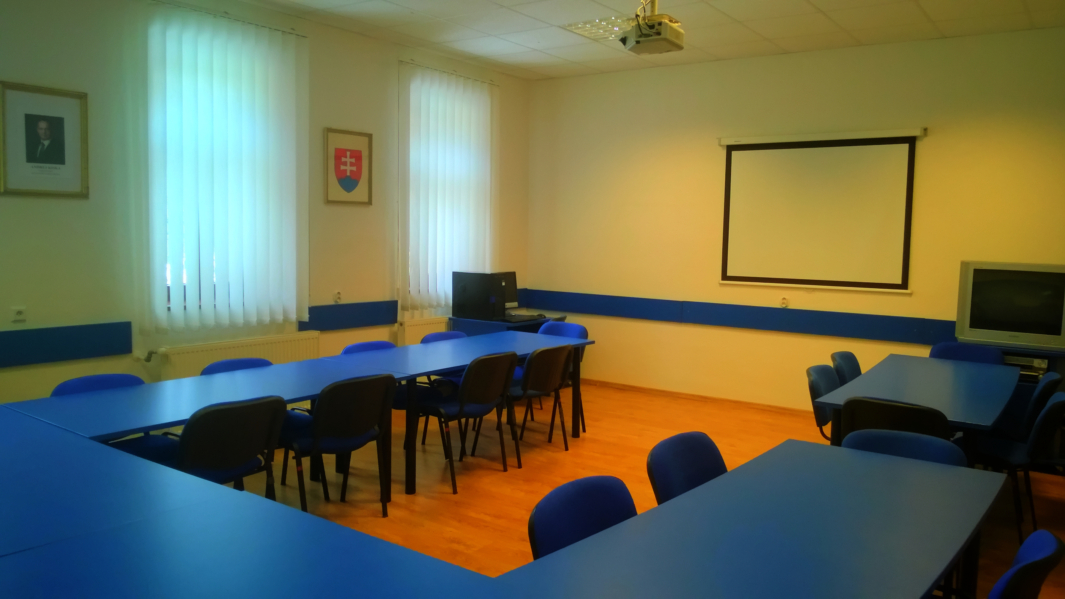 |
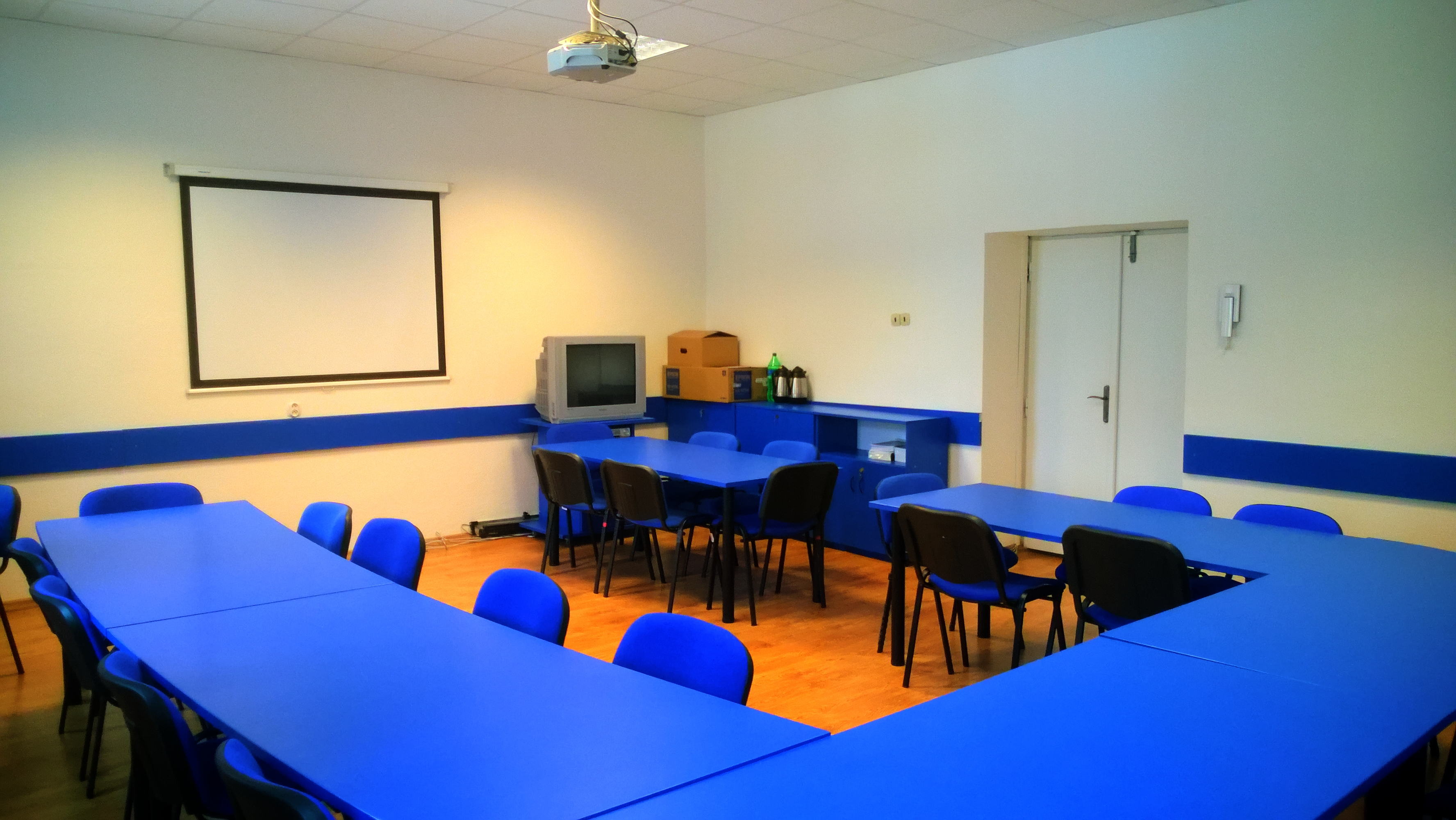 |
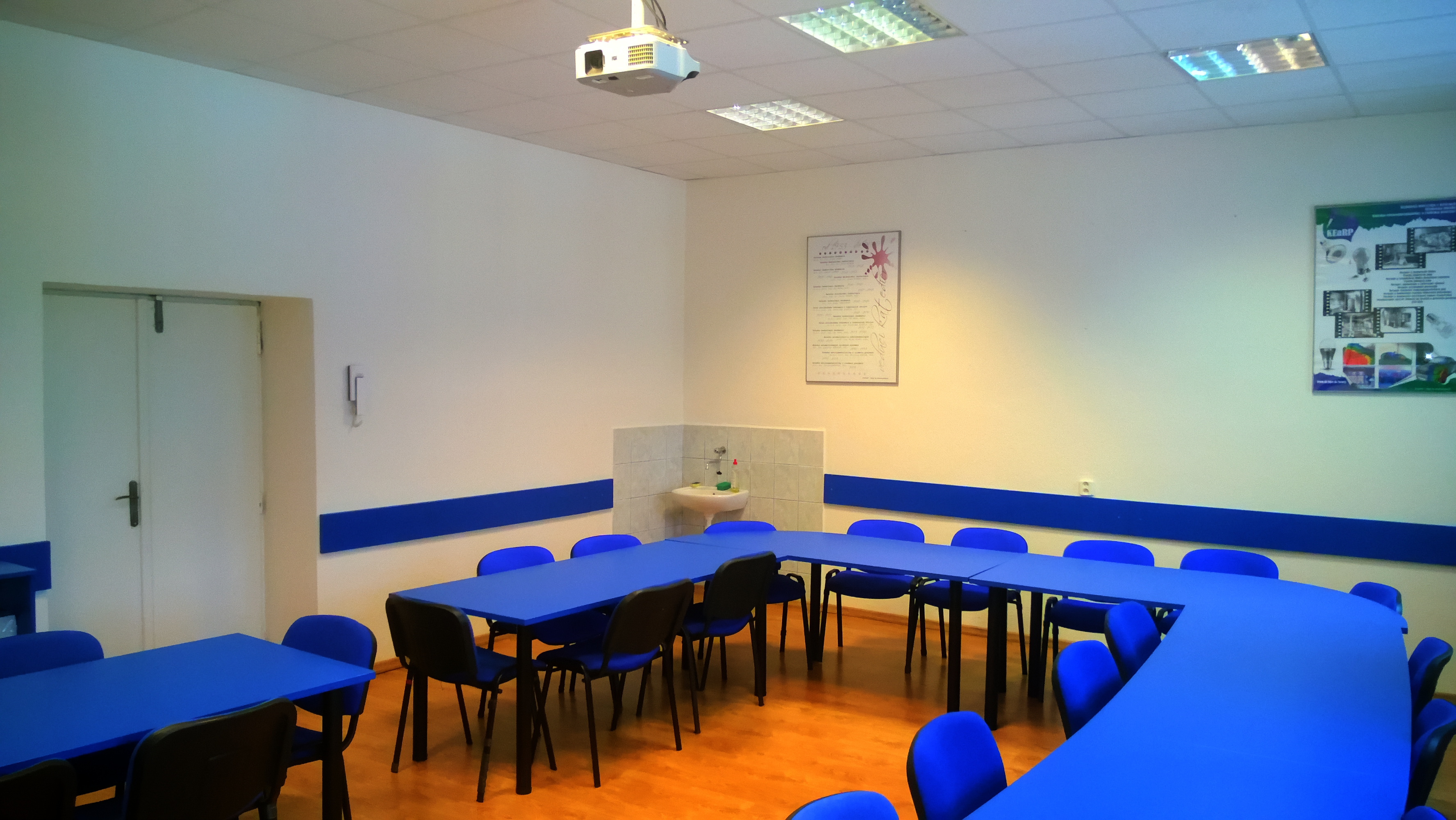 |
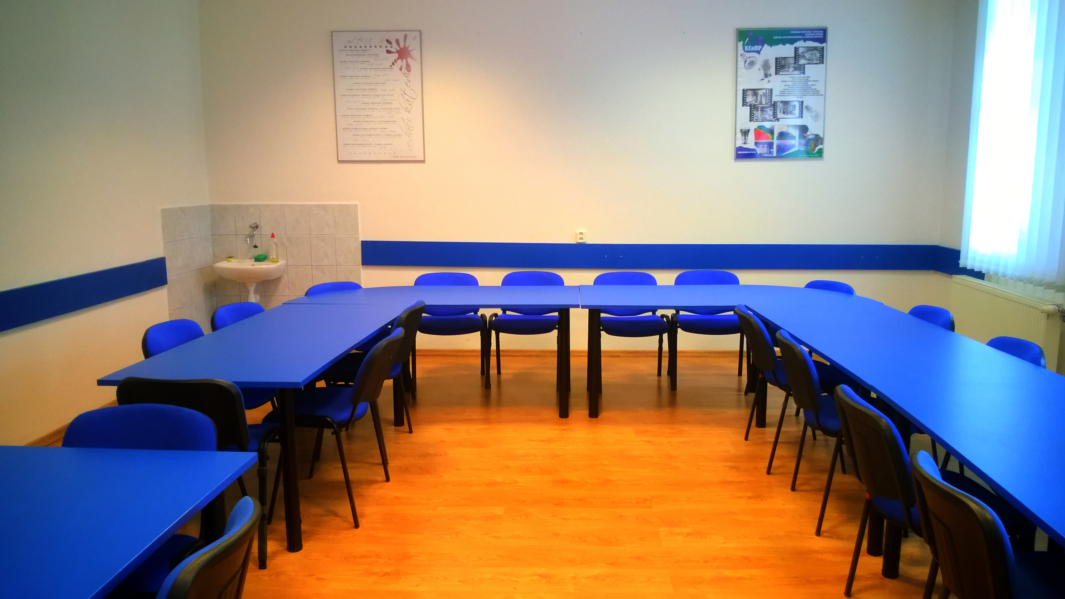 |
|||
Video presentation of the building of the Deparment of Process and Environmental Engineering
(Autor: Bc. Radovan Tözsér)
Publikačná činnosť
- Details

Research at the department
- Details
Research at the department
Research focus of the Department The research activity of the Department is oriented to the field of greening products and production, design of environmental production systems, techniques and technologies for the creation and protection of the environment and on the management of environmental aspects and impacts, their monitoring, simulation, computer support, assessment, evaluation and optimization.
Scientific and research activities
Scientific projects/domestic grant agencies:
- Principles of recyclably oriented engineering production and evaluation of its environmental profile,
- Complex, computer-supported systems of environmental assessment of living cycle of engineering products,
- Approximation of curricula and curricula to the EU,
- Standardization of theoretical and methodological principles of recyclably oriented engineering production and evaluation of its environmental profile,
- Comprehensive evaluation engineering products in terms of disassembly,
- Theory and methodology of disassembly of products for recycling logistics,
- Implementation and modification of technology to reduce the occurrence of reeds in stagnant waters.
Scientific projects/foreign projects:
- Wastewater treatment by electrocoagulant method (DAAD-D),
- Collection of dust particles during cleaning filter surfaces (DAAD-D),
- Modelling of product disassembly and recycling logistics (OSI),
- Automation of assembly in engineering production (CEEPUS),
- Development and application of environmentally oriented technologies in production (CEEPUS).
Technické projekty/priemyselná prax:
- Processing of assessments for environmental impact assessment,
- Measurement of noise and vibration in the working and environment,
- Creation of noise maps,
- Ensuring the performance of accredited verifiers and supervision of their activities,
- Training of practitioners,
- Measurement of lighting in inter-technologies,
- Projects to reduce noise of industrial plants,
- Implementation and modification of technology to reduce the occurrence of reeds in stagnant waters.
| Overview of scientific research activities of KPaRP and research capacities for the year 2006 | ||
| Overview of scientific research activities of KPaRP and research capacities for the year 2007 | ||
| Overview of scientific research activities of KPaRP and research capacities for the year 2008 | ||
| Overview of scientific research activities of KPaRP and research capacities for the year 2009 | ||
| Overview of scientific research activities of KPaRP and research capacities for the year 2010 | ||
| Overview of scientific research activities of KPaRP and research capacities for the year 2011 | ||
| Overview of scientific research activities of KPaRP and research capacities for the year 2012 | ||
| Overview of scientific research activities of KPaRP and research capacities for the year 2013 | ||
| Overview of scientific research activities of KPaEI and research capacities for the year 2014 | ||
| Overview of scientific research activities of KPaEI and research capacities for the year 2015 | ||
| Overview of scientific research activities of KPaEI and research capacities for the year 2016 | ||
| Overview of scientific research activities of KPaEI and research capacities for the year 2017 | ||
| Overview of scientific research activities of KPaEI and research capacities for the year 2018 | ||
| Overview of scientific research activities of KPaEI and research capacities for the year 2019 | ||
| Overview of scientific research activities of KPaEI and research capacities for the year 2020 | ||
| Overview of scientific research activities of KPaEI and research capacities for the year 2021 | ||
| Overview of scientific research activities of KIP and research capacities for the year 2022 | ||
| Overview of scientific research activities of DoBMaEE and research capacities for the year 2023 | ||
| Overview of scientific research activities of DoBMaEE and research capacities for the year 2024 | ||
| Overview of scientific research activities of DoBMaE and research capacities for the year 2025 |
Responsible for the content: Ing. Marek Moravec, PhD.
| KEGA 009TUKE-4/2021: Implementation of the latest knowledge from recycling technologies for material recovery of product components at the end of their life cycle |
| Project leader: doc. Ing. Lýdia Sobotová, PhD. |
| Project annotation: |
| The presented project is oriented and focused on the creating of research environment for the collection and processing of new knowledge from the area of influence of progressive mechanical recycling technologies, material recovery of secondary raw materials and their influence on the working environment and environment surroundings. From the following material recycling problem will be processed into the university textbook and monograph. The project will seek from follow– up analysis of present state problem of recycling technologies and waste processing at domestic and excellent foreign workstations. At the same time, the project will monitor the approach of this knowledge to students and general specialist public by modern combined form. The project will based on the creation of university textbooks and scientific monograph, where the selected parts of the issue will processed for the internet version of education. The project supports the main first core object in I and II degrees of engineering study programs (as Mechanical Engineering, Techniques of Environmental Protection, Management of Technical and Environmental Risks in Mechanical Engineering, Environmental Engineering and Technologies, Management and Innovations in Mechanical Manufacturing), which have not adequate textbooks and teaching equipment in this area. There, it will created the transfer of practical experiences obtained from solving of research tasks or tasks for practice of project members into teaching process. |
| Key words: waste management, recycling, engineering, technology, environment |
| Solution time: 2021 - 2023 |
| KEGA 011TUKE-4/2021: Implementation of current scientific-research, technical and methodological solutions in the environmental engineering field into the educational process at universities |
| Project leader: prof. Ing. Ervin Lumnitzer, PhD. |
| Project annotation: |
| At the present-day, there is a significant acceleration worldwide in the area of improving the quality of the environment, its improvement, modification and optimization of resources that modify this quality. New and qualitatively better solutions are continually emerging than have been presented so far in technical practice. Environmental engineering is directed to two areas: the objectification of qualitative and quantitative environmental factors and the development of technical equipment and elements that affect this environment. Often, this involves not only assessing negative impacts, but also creating new customer-oriented solutions. |
| Key words: quality, laboratory measurements, new approaches, teaching process, development |
| Solution time: 2021 - 2023 |
| UNIVNET č. 0201/0082/19: University and industrial research and education platform of a recycling company |
| Project leader: Dr.h.c. mult.prof. Ing. Miroslav BADIDA, PhD. |
| Project annotation: |
| Five research universities, the Slovak University of Technology in Bratislava, University of Economics in Bratislava, University of Žilina, Technical University in Zvolen, Technical University of Košice, and the Automotive Industry Association of the Slovak Republic joined an initiative to carry out research and development activities in the recycling and waste recovery, particularly in the automotive industry, since this is a dominant part of the industry in Slovakia. Slovakia has in waste management to catch up before the country faces many challenges associated with greener waste management and better efficiency in waste management. UNIVNET, coordinated by STU Bratislava is focuses on new technologies and techniques for efficient waste recovery, especially in the automotive industry, in order to minimize negative impacts on the environment and save primary energy and raw material resources. The main goal is to create a "National Platform for Recycling Technologies in the Automotive Industry." |
| Key words: waste, recycling, automotive industry, economy, end-of-life cars |
| Solution time: 2020 - 2023 |
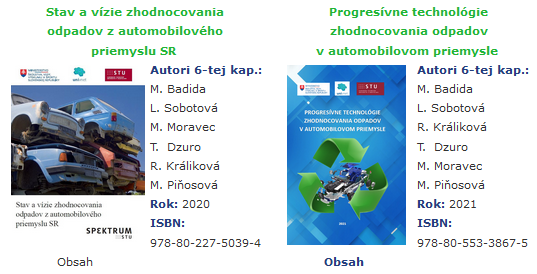 |
| |
| TUKE NFP311070AHA7: Digital inclusion in education - a platform for access to information and educational materials for the persons with visual disabilities |
| Project leader: prof. Ing. Ervin LUMNITZER, PhD. |
| Project annotation: |
| The main goal of the project is to increase the availability of digital content for visually impaired citizens and educational materials and digital content in a suitable format for pupils and students with visual impairments at all levels of education. The project consists of three modules. Objectives are set for each of the modules, the intention of which is to fulfill the main goal of the project: Module 1: To create a support system for making PDF documents of educational and study materials available in a format accessible to students and pupils of primary, secondary and higher education with visual disabilities. Module 2: To mediate new services for university and high school students in eastern Slovakia through the Barrier-Free Center at TUKE. Module 3: To analyze the accessibility of websites, web services and mobile applications of public sector entities, including universities, in a selected sample. The Faculty of Mechanical Engineering participates in solutions in 1 and 3, through the Barrier-free Center (by Module 2). It will provide services related to educational processes, comment on study literature, provide consulting services, cooperate in establishing contacts, test the suitability of solutions. Project activities are aimed at creating and providing new services to increase the availability of digital content in a suitable form for visually impaired students. For the successful deployment of the project, cooperation will be established with other universities in order to test and support the use of the new service. At the same time through a special pedagogical workplace to support the study of students with special needs. |
| Key words: visually impaired citizens, education, university, barrier-free center, disables |
| Solution time: 2021 - 2023 |
MAP AND GPS COORDINATES
48.731454973 N 21.245949268 E
Address
Park Komenského 5
042 00 Košice
Slovak republic
CONTACT
Marianna Brnová
Secretary
Phone number: +421 55 602 2925
e-mail: This email address is being protected from spambots. You need JavaScript enabled to view it.
Department in 3D view

created by Ing. Tibor Dzuro, PhD.


















